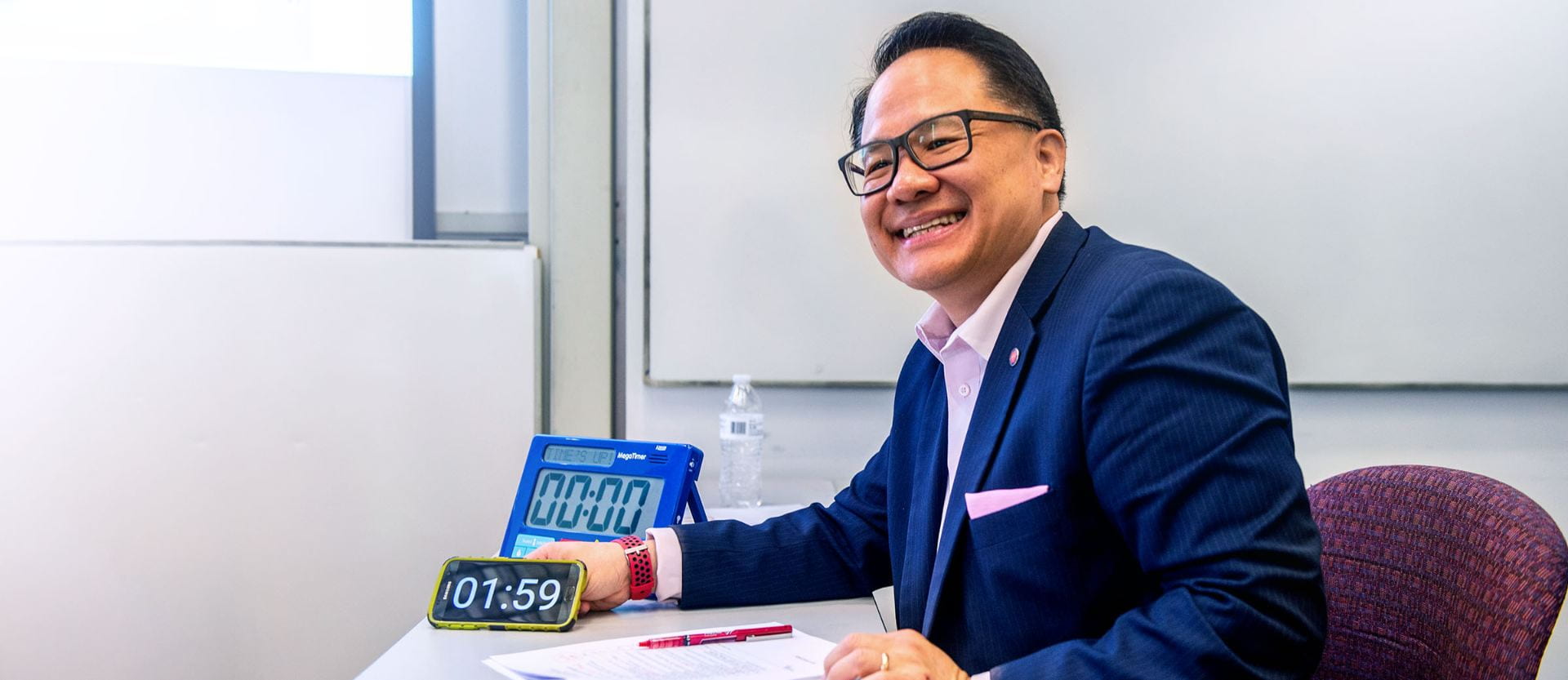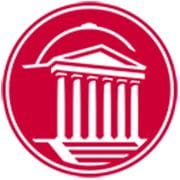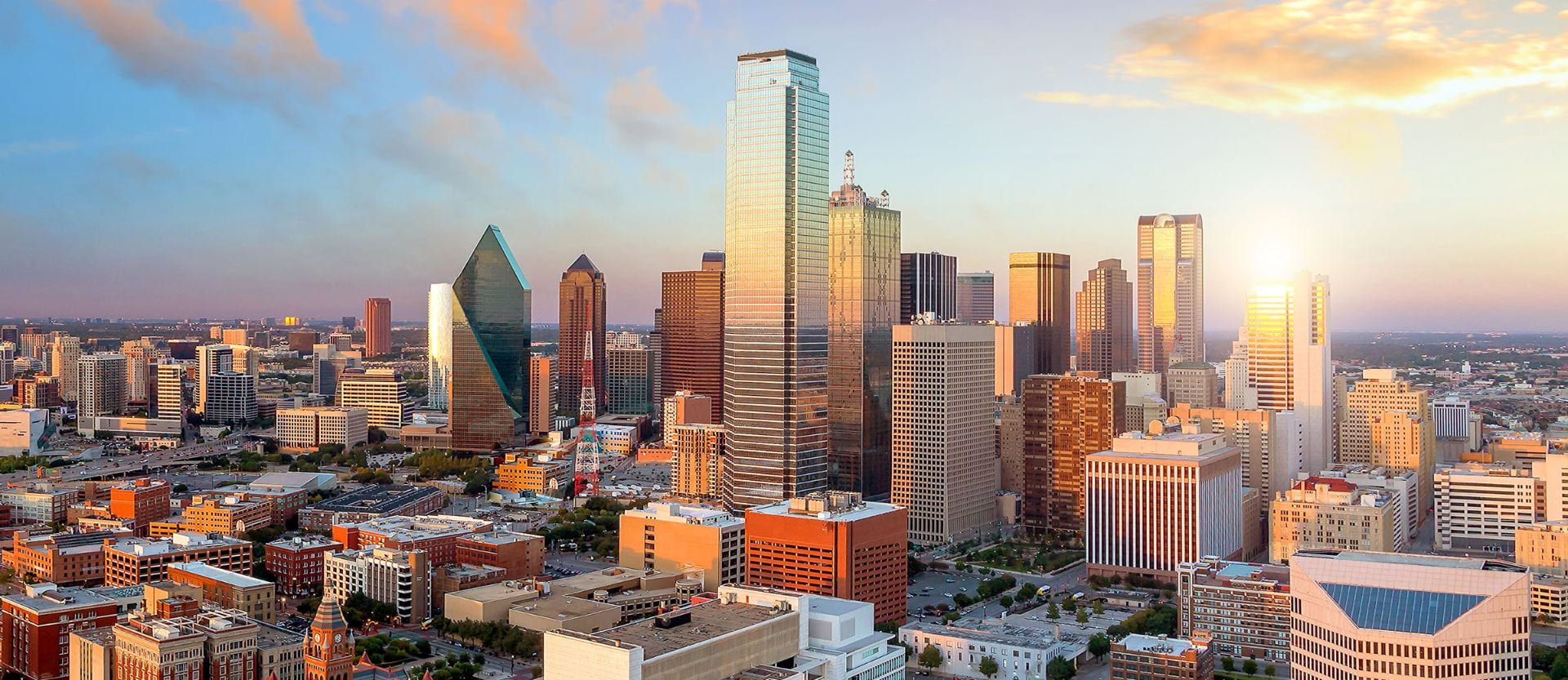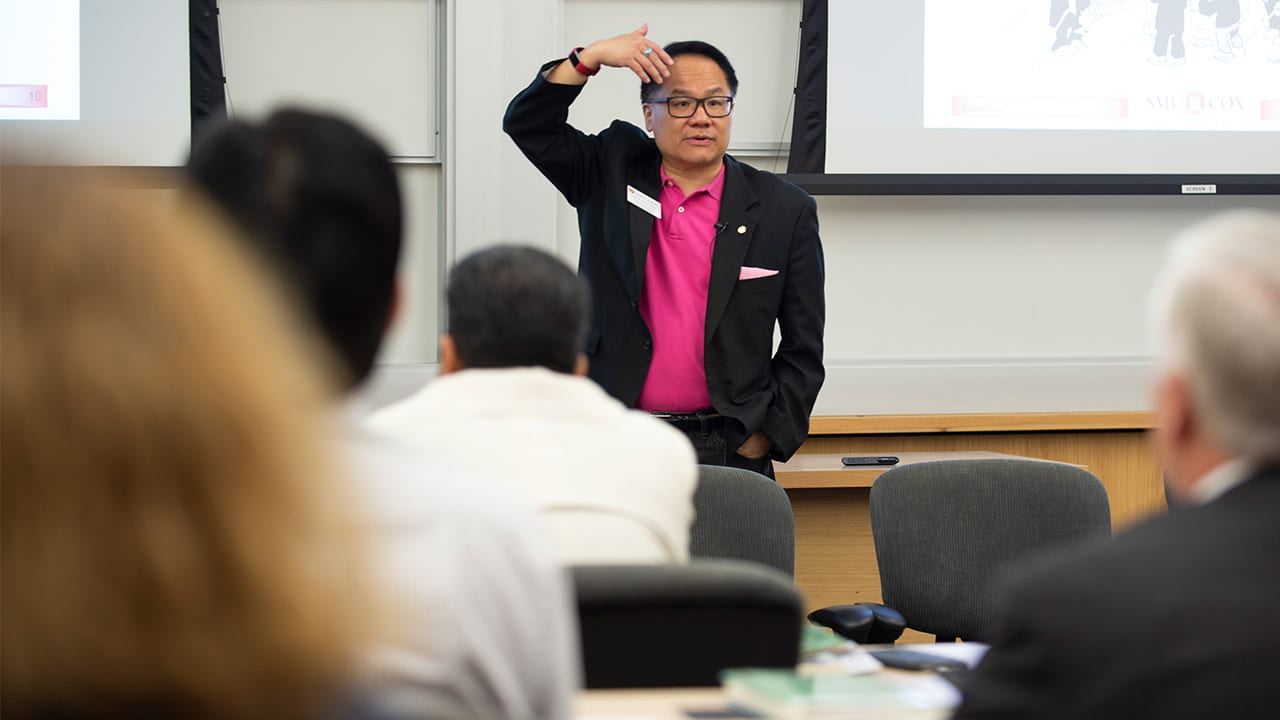If you ask Simon Mak, SMU Cox professor of practice and executive director of the Caruth Institute for Entrepreneurship, Dallas is perfectly poised to establish itself as a startup-friendly city.
Its central location provides easy access by plane to either coast. The diverse food scene and variety of recreational options, from sports to parks to museums, make it an engaging and vibrant city to live in. Eleven Fortune 500 companies are headquartered here, giving Dallas a unique opportunity to attract both B2B and B2C companies. In other words, Mak says, it’s a Top 10 city — without many of the headaches of a Top 10 city.
Dallas also has the longtime support of SMU Cox’s Caruth Institute for Entrepreneurship, poised to enter its 51st year building and championing the Dallas entrepreneurial community with its signature programs: The Dallas 100 Awards, the Southwest Venture Forum and the Starting A Business course. Because higher education is the ultimate incubator for the entrepreneurial spirit — given a multitude of opportunities, perspectives and resources — SMU Cox has emphasized entrepreneurship teaching since 1972 in order to tap into the innovative spirit of students at SMU and the Cox School, inspiring innovation on campus, in Dallas and beyond.
Laying the Groundwork
With a strong foundation for startups that SMU Cox helps support, the next step is tapping into Dallas’ potential and creating an environment where entrepreneurs can thrive. That’s where the newly formed Mayor’s Task Force on Innovation and Entrepreneurship comes in. Its mission: Pioneer ways that the city can better attract, retain and support startup companies and entrepreneurs. The task force will also determine ways to work with governmental agencies, higher education institutions and private sector partners to reposition Dallas as a hub for innovation.
Last November, Dallas Mayor Eric Johnson announced the creation of the 15-person Task Force on Innovation and Entrepreneurship, and in January, Mak joined the group of esteemed Dallas business leaders. At its helm are co-chairs Trey Bowles, DEC Network co-founder and executive chairman as well as former SMU Meadows School of the Arts adjunct assistant professor in arts entrepreneurship, and Mandy Price, Kanarys Inc. CEO and co-founder. As Mak sees it, the task force’s goals involve three distinct but related strategies: how to encourage more homegrown startups, how to retain homegrown startups and how to recruit existing startups to relocate to Dallas.
It’s in the first area where he envisions SMU being distinctly positioned to help the city. Having a top-ranked business school in SMU Cox, along with the Caruth Institute’s reputation and resources, provides the opportunity to encourage students to consider careers in entrepreneurship and the means to support them throughout those careers — many of which are built and maintained in Dallas. “Nothing else matters if people are not inspired to pursue — and be trained in the basics of — entrepreneurship,” he says.
According to a recent survey from Inc. Magazine that Mak cites, more than 85% of current MBA students nationwide are interested in entrepreneurship as a career, and more than one-third of MBA students are already working on starting companies while pursuing their degrees. “This means higher education plays a critical role in training the next generation of budding entrepreneurs in Dallas,” Mak says. That’s true of higher education in general, but on the SMU campus in particular, this also means student entrepreneurs have access to the SMU Incubator to launch their businesses — and can eventually move into Dallas once the startup is more established.
“Entrepreneurs in this city fuel not just the Dallas economy, but the Texas economy and the U.S. economy too,” says SMU Cox Dean Matthew B. Myers. “Many of our own students find success as entrepreneurs, and many others become interns for or employees of successful startups.”
Helping Entrepreneurs Thrive
For more than five decades, the Caruth Institute for Entrepreneurship has provided professional networking and guidance on how to pitch, raise capital as an entrepreneur and manage a rapidly growing business. For more than 20 of those years, it has operated the Southwest Venture Forum, which connects students with venture investors and the professional community. Since 1990, the Institute has hosted The Dallas 100 Awards, which honors the 100 fastest-growing privately held companies in the Dallas area. The Caruth Institute began reaching out to entrepreneurs in the broader Dallas community in 1972 with an entrepreneur course called Starting A Business (SAB). Since it began, SAB has trained more than 10,000 aspiring Dallas area-based entrepreneurs and helped their startup dreams flourish. Through these relationships, the Caruth Institute can offer insight into why those companies have stayed in Dallas.
“We’re very integrated into helping the Dallas community historically,” Mak says. “The task force is an additional effort on top of that. It really focuses on public-private partnership, which, as an entrepreneurship center, we haven’t had much experience with, so that would be very interesting for us to learn from them.”
Establishing Dallas as a startup-friendly city would create what Mak calls “a virtuous cycle” for business education at SMU Cox and would help support the next generation of entrepreneurs. If entrepreneurship education in Dallas can shape the city’s entrepreneurial community, then those innovators will be inspired to return to the classroom and share their experiences, increasing the knowledge and access available to students.
And in the future, Dallas’ emergence as an entrepreneurial hub could lead to a new approach at SMU Cox. “We would have to figure out how to help students gain basic knowledge about business and also leverage on-campus resources to actually build a business while they’re students,” Mak says. “We would have to adjust our curriculum to support these types of students, which, to me, would be a fabulous thing.”
Giving Dallas a Platform
In the near term, the Mayor’s Task Force on Innovation and Entrepreneurship will issue its initial recommendations by April 30. That report will then be reviewed by the mayor’s office and Tennell Atkins, the chairman of the City Council Economic Development Committee. The hope is that, from there, the task force’s strategies would be funded.
Ultimately, though, the goal isn’t to create the next Silicon Valley. “I would like Dallas to be the next Dallas,” Mak says. “When everyone says they want to be the next Silicon Valley, what they really mean is they want to be known as a tech hub that creates companies that generate thousands of jobs and billions in economic impact.”
Instead of relying on what’s worked elsewhere, it’s more important to leverage what Dallas does well, what makes the city special. “Yes, we have our challenges,” Mak says. “But with the Dallas entrepreneurial spirit and will, we can overcome these challenges and catapult Dallas into the top of the global — not just the U.S. — startup scene. SMU, the Cox School and the Caruth Institute are eager to help make that happen.”
Learn more about innovation at SMU Cox School of Business.









